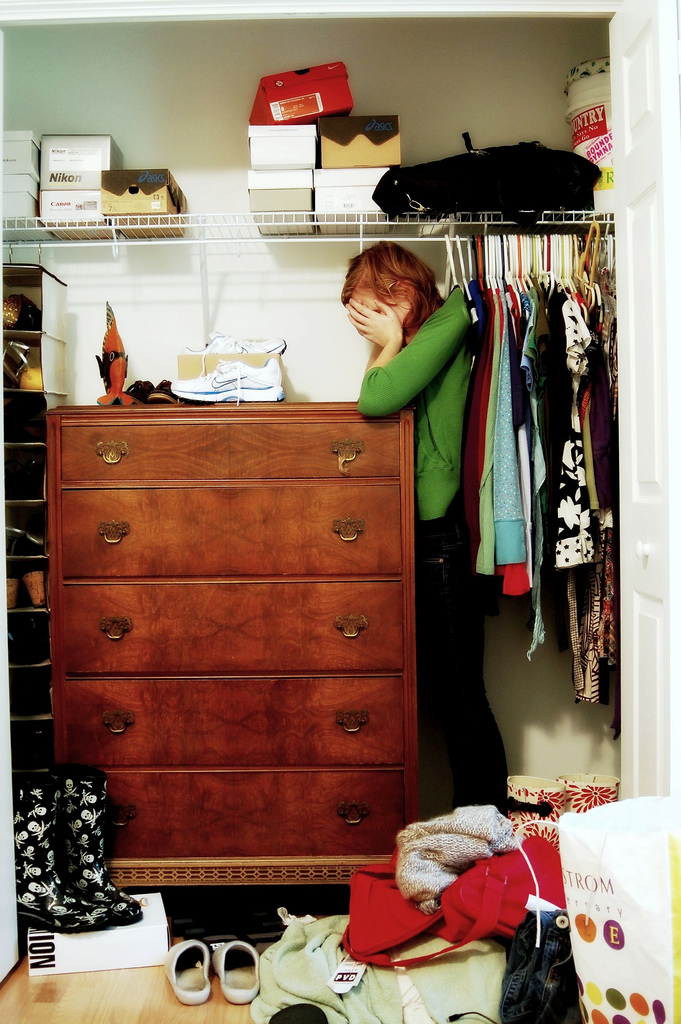Christina Proctor
COLUMNIST
We live in a global economy where our purchases not only have an impact locally, but also in communities around the world. Nowhere is this more evident than in the garment industry, where the manufacturing of clothing has shifted almost exclusively to overseas facilities.
While you still may be able to find a piece that lasts a lifetime, in general, the rise of mass production and “fast fashion” has led to a decline in clothing quality. Today, we consume fashion at a much quicker rate than in previous decades, and the industry has altered its practices to keep up with demand.
According to the book by Elizabeth Cline, “The Shockingly High Cost of Cheap Fashion,” many large clothing chains produce as much as half a billion garments per year. To put this in perspective, leading retailer Zara manufactures approximately 1 million garments per day.
Consumers continue to demand low prices for garments, which comes at a cost to others and the environment. Dwindling prices often mean poorer working conditions, lower wages, and unrealistic production schedules for the workers making the clothing.
With World Fair Trade Day coming up on May 9, now is the perfect time to bring awareness to this growing progression toward sustainable fashion.
“Fair trade is a movement of the people, by the people, and for the people,” Natália Leal, Chief Executive at the World Fair Trade Organization, described in a recent interview.
The term fair trade applies only to goods purchased in the developing world and sewn by worker co-ops or artisanal groups that are paid a decent (subjective as the term may be) income. Purchasing items that are fair trade certified is one of the only ways to know for sure that the imported sweater you’re wearing wasn’t made in a sweatshop. As an added bonus, fair trade producers often avoid using toxic dyes and unsustainable resources that would end up damaging local ecosystems and the workers that live in those areas.
While fair trade clothes of the past tended to be on the dull side, fashionistas and celebrities are moving in, making way for attractive garments at reasonable prices. Even Bono has a line of fashion-forward clothing, EDUN (NUDE backwards) which promotes fair trade in Africa.
Locally, gorgeous fair trade looks can be purchased at More Than Half in Kitchener, which sells articles from stylish designers such as Mata Traders, Maggie’s Organics, Monkee Genes, and ULLO.
“I believe every item of clothing should be made ethically. I mean, why should it be the opposite?” Melissa Stieber, owner of More Than Half, explains.
It’s true; in a world where we are all interrelated and our purchasing decisions have power, we need to consider others and the environment. As Martin Luther King Jr. once said: “Before you finish eating breakfast in the morning, you’ve depended on more than half of the world.”




Leave a Reply